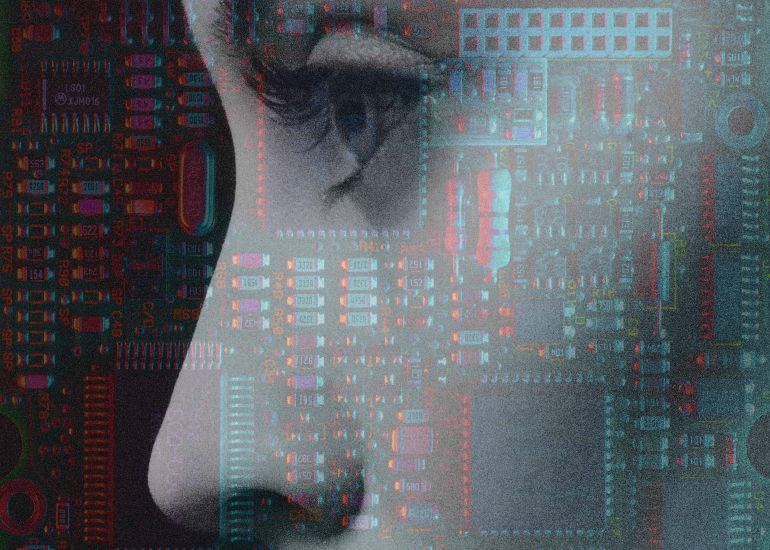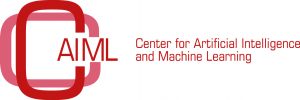Recent Trends in Argumentation and AI
The workshop will take place on December 2 at TU Wien.

December 2nd 2024
- 13:00 – 17:00 CET
- TU Wien, Campus Favoritenstraße, FAV Hörsaal 2
-
1040 Vienna, Favoritenstraße 9-11
Ground Floor, Room HEEG03
The workshop on Recent Trends in Argumentation and AI will be held on December 2, 2024, at TU Wien (in the lecture hall FAV Hörsaal 2).
Program
13:00 - 14:00
Jörg Rothe:
Economics and Computation: The Second EditionThe second edition of the textbook "Economics and Computation: An Introduction to Algorithmic Game Theory, Computational Social Choice, and Fair Division" (edited and coauthored by Jörg Rothe) has just been published by Springer. It explores the interrelations between algorithmic game theory, computational social choice, and fair division, three vibrant areas at the interface between economics, collective decision-making, and computer science. In all these parts, much weight is given to the algorithmic and complexity-theoretic aspects of problems arising in these areas, and the interconnections between the three parts are of central interest. In this talk, an overview of the content of this textbook will be given and some gems from these areas will be presented.
14:00 - 14:30
Kenneth Skiba:
An Extension-Based Argument-Ranking Semantics: Social Rankings in Abstract ArgumentationIn this talk, we introduce a new family of argument-ranking semantics which can be seen as a refinement of the classification of arguments into skeptically accepted, credulously accepted and rejected. To this end we use so-called social ranking functions which have been developed recently to rank individuals based on their performance in groups. We provide necessary and sufficient conditions for a social ranking function to give rise to an argument-ranking semantics satisfying the desired refinement property. Moreover, we analyse the properties of the argument-ranking semantics induced by the most prominent social ranking function that satisfies all of these conditions by investigating the satisfaction of principles known from the argument-ranking literature.
14:30 - 15:00
Wolfgang Dvořák:
Set-to-Set Attacks in Abstract ArgumentationStarting from argumentation frameworks with collective attacks (SETAFs) we investigate the notion of Set-to-Set Attacks in Abstract Argumentation. To this end we introduce so called hyper argumentation frameworks (HYPAFs), a new formalism that extends SETAFs by allowing for set-to-set attacks. We discuss different ways of interpreting set-to-set attacks, i.e., as universal, indeterministic, or collective defeat, and provide a short overview of our recent research results.
15:00 - 15:30
Coffee Break
15:30 - 16:30
Simon Parsons:
AI in Sustainable AgricultureFood is important. All of us rely on it, every day, to survive. At the same time, the methods that have been used to grow our food over the last 80 years raise concerns about long-term sustainability. Modern agriculture relies heavily on chemical herbicides and pesticides which have side-effects that cause ecological damage, and intensive agricultural practices have degraded soils and led to costly erosion. More sustainable agriculture is urgently needed, and artificial intelligence (AI) can help achieve it.
In this talk, I will look at ways that AI can help to make our food supply more sustainable. All the examples will be based on work at the University of Lincoln, some that I have been involved in, and some that is the work of my colleagues. Broadly speaking this work falls into three categories: modifying existing practices by making use of AI; identifying new practices that are only feasible because of AI; and efforts to increase the pipeline of AI practitioners who are engaged in making agriculture sustainable.
16:30 - 17:00
Giovanni Buraglio:
Justifying Argument Acceptance with Collective Attacks: Discussions and DisputesIn formal argumentation one aims for intuitive and concise justifications for the acceptance of arguments. Discussion games and dispute trees are established methods to obtain such a justification. However, so far these techniques are based on instantiating the knowledge base into graph based Dung style abstract argumentation frameworks (AFs). These instantiations are known to produce frameworks with a large number of arguments and thus also yield to long discussion games and large dispute trees. To obtain more concise justifications for argument acceptance, we propose to instantiate the knowledge base as an argumentation framework with collective attacks (SETAFs). Remarkably, this approach yields smaller frameworks compared to traditional AF instantiation, while exhibiting increased expressive power. We then introduce discussion games and dispute trees tailored to SETAFs, show that they correspond to credulous acceptance w.r.t. the well-known preferred semantics, analyze and tune them w.r.t. the size, and compare the two notions. Finally, we illustrate how our findings apply to assumption-based argumentation.
Speakers
- Jörg Rothe (HHU Düsseldorf)
- Simon Parsons (University of Lincoln)
- Kenneth Skiba (FU Hagen)
- Wolfgang Dvořák (TU Wien)
- Giovanni Buraglio (TU Wien)


